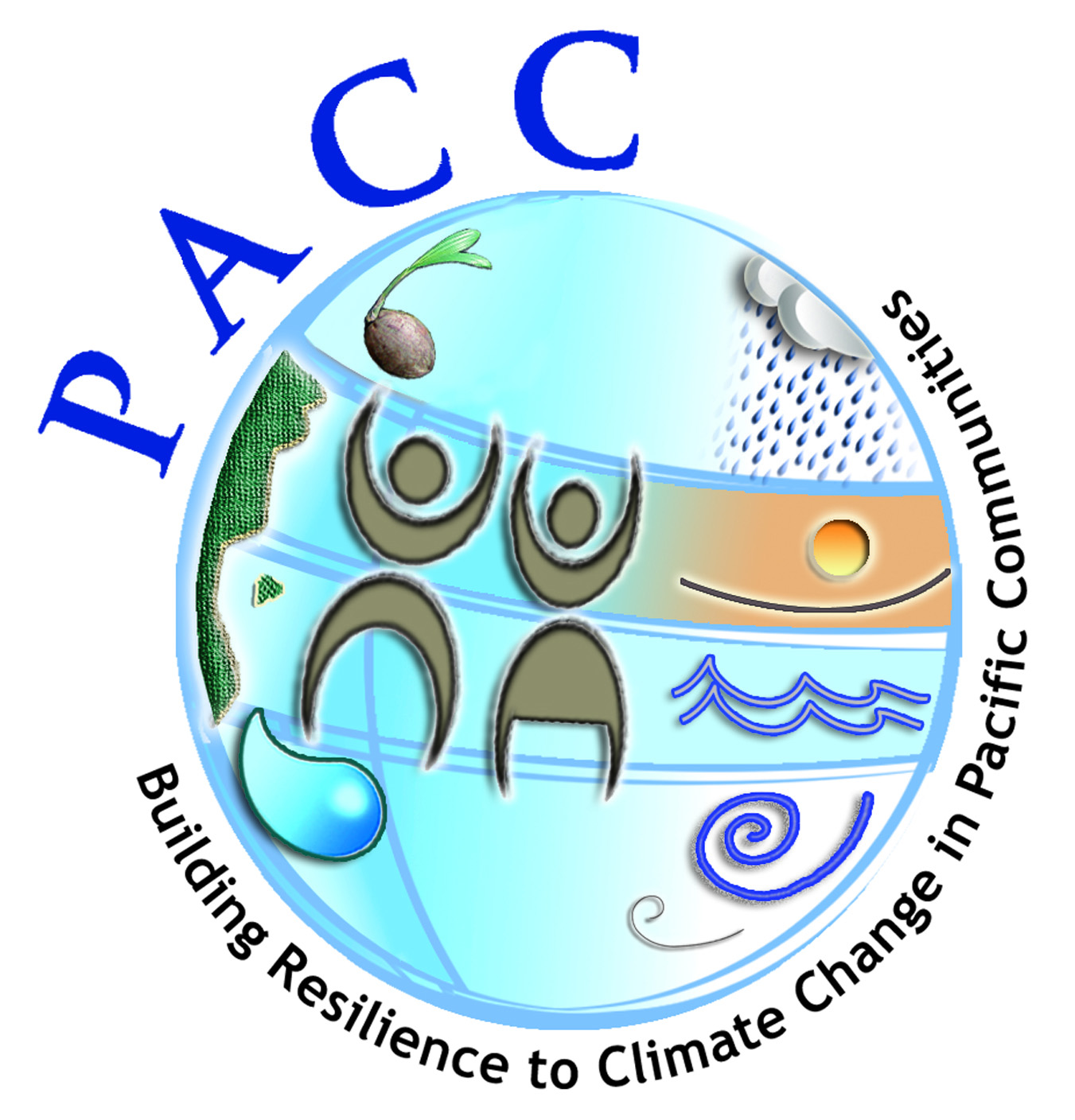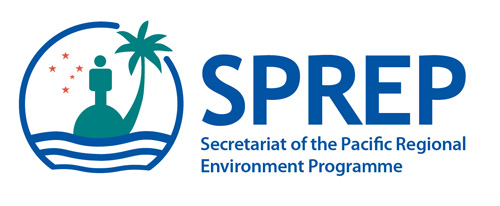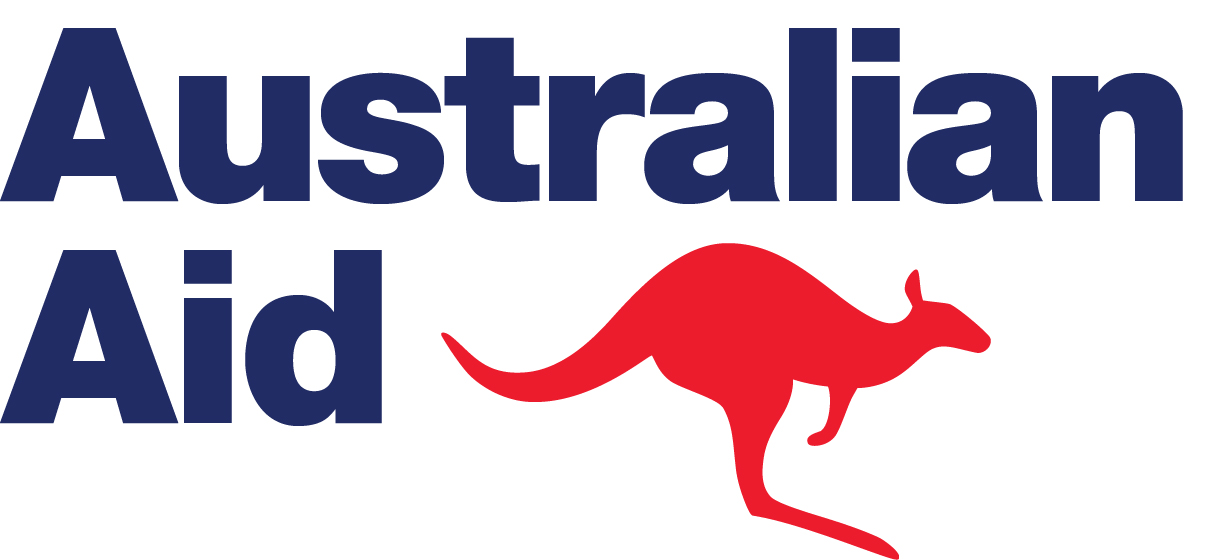PACC Fiji
Project Overview
PACC Fiji: Improving crop resilience and drainage systems in lowland farming areas in the Tailevu-Rewa and Serua-Namosi Province
In Fiji, PACC actions focused on food production and water management with emphasis on addressing the impacts of climate change on these islands’ crops and drainage systems. For PACC Fiji, improving agrobiodiversity, through enhanced farming and land use techniques, offered a more holistic approach to agricultural production.
For more information on the 13 additional participating countries and the overall PACC Programme, click here.
Project Details
The Fiji Islands are at high risk of climate change impacts and are easily affected by natural disasters. Trends indicate that rainfall and surface air temperature have increased annually between 1961 and 2003, affecting agriculture, cash crop production, and drainage systems for communities. Impacts on agriculture can take a significant toll on Fiji’s economy, as this sector provides 50% of Fiji’s employment and 43% of the country’s foreign exchange earnings. Since 1990, floods and rainfall have caused major damage to agricultural lands, especially lowlands. The resulting loss of millions of crops has disrupted livelihoods and 50% of the nation’s economy. To support agriculture in the region, proper drainage systems need to be in place.
In addition, hurricanes in higher categories have increased annually since 1970. Sea level rise, projected to reach 11cm by 2025, can further devastate infrastructure, coastline settlements, reefs, as well as ecosystems and fisheries that provide livelihoods for many communities.
PACC Fiji, through the Land and Water Resource Division of the Ministry of Agriculture, is improving drainage and irrigation networks to adapt to current and future impacts of climate change. By reviewing and revising the existing drainage design, improved drainage systems will protect crops against extreme events.
Given population growth and changing agricultural demand, adaptation activities for PACC Fiji also include increasing both the area of land used for agriculture and crop variety. Creating more land for crop production will allow for growth in food exports—an important component of Fiji’s economy.
Introducing climate resilient crop species, and enhanced farming and land use techniques (including soil and water conservation) will ensure that the land is used sustainably.
Key Results and Outputs
The principal objective of the PACC Fiji project is to introduce long term adaptation measures, thereby increasing the resilience of Fiji’s agriculture sector to the adverse impacts of climate change. The main impacts will be increased resilience and enhanced adaptive capacity of food production and food security. Through new infrastructure and training programmes, local communities will have the tools and knowledge to protect their livelihoods from the adverse effects of climate change. Enhancement of agriculture systems and the development of drainage networks and infrastructure in lowland farming areas will reduce the effects heavy rainfall and climate change on agriculture. Furthermore, trained staff in key agencies will also be prepared to respond to the impacts of storm surges and rises in sea surface temperatures on coastal food production systems.
The first of the PACC outcomes is devoted to mainstreaming. The PACC approach to mainstreaming has a dual purpose: 1) to strengthen the ability of institutional frameworks, policies and plans to take climate change risks into consideration and 2) to improve the capacity of key national government and community decision-makers to integrate adaptation measures in key decisions.
The second PACC outcome is to design and demonstrate innovative decision systems, approaches, technologies and practical measures to improve climate-resilience.
The third outcome, Technical Support and Communication, is to ensure that results and lessons from the PACC project are shared regionally and globally. The goal is also to bring together new knowledge generated through the project as the basis for a strategic regional approach to climate change adaptation among Pacific Island Countries and Territories.
Key Results
- National adaptive capacity developed
- Community vulnerability to climate change reduced
- Technical assistance & Regional Cooperation
Outputs
- 1.1 Technical capacity of key decision makers developed
- 1.2 Institutional coordination mechanisms established
- 1.3 Tools to assess economic costs of adaptation developed and utilized
- 1.4 Legislative and policy directives prepared and adopted
Reports and Publications
Project Brief / Fact Sheet
Board Meeting Reports
PACC Report of in-country consultations in Fiji - June 2009
Document
Multimedia
New PACC Fiji Video: Vital Food
Climate change in Fiji is causing a large increase in the incidence and intensity of extreme rainfall – the ensuing floodwaters are simply overwhelming the current drainage systems in Fiji’s low-lying agricultural areas, and when the rivers and creeks are unable to drain excess water, crops are ruined, healthy local foods become scarce, the local economy is threatened, and the staple diet of the Fijian people is compromised.









